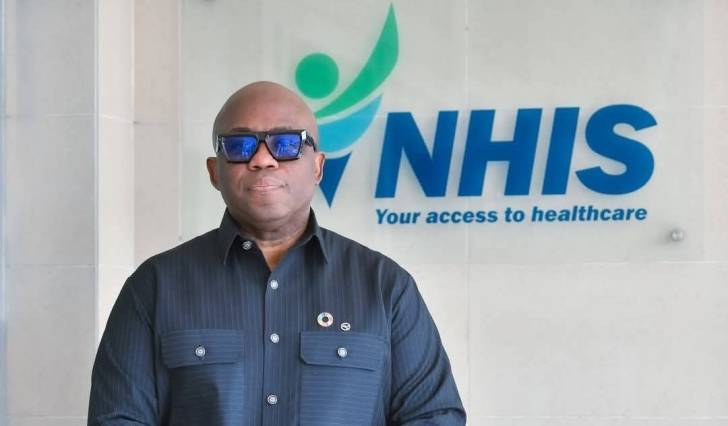The National Health Insurance Authority has given strong assurance to the
Private Health Facilities Association of Ghana after reports emerged that the
association was preparing to suspend services to patients under the National
Health Insurance Scheme. The warning from the private healthcare providers came
as a result of long-standing delays in reimbursement from the government for
services they had already provided under the scheme. This situation, they said,
had become unbearable and was affecting the smooth running of their facilities.
In response to this growing tension, the NHIA released a statement on April
5, 2025, confirming that payments had begun the previous day. According to the
statement, the NHIA had completed all the necessary procedures and had started
disbursing funds to health service providers to settle outstanding claims. The
authority explained that more payments were expected to be completed in the
coming days, assuring that these funds would reflect in the accounts of service
providers soon.
The NHIA also used the opportunity to remind the general public and all health
stakeholders of its commitment to a sustainable and responsive health insurance
system. The authority said it is working closely with health service providers,
especially private facilities, to keep the National Health Insurance Scheme
running effectively for the benefit of all Ghanaians.
The statement, signed by the Chief Executive Officer of the NHIA, Dr. Victor
Asare Bampoe, called for patience and cooperation from private healthcare
providers as the payments are being processed. He noted that although delays
sometimes occur due to financial and administrative processes, the NHIA is
constantly working to reduce such challenges and improve service delivery under
the scheme.
The threat by the Private Health Facilities Association to suspend services sparked
public concern, as many Ghanaians rely on private hospitals and clinics for
healthcare, especially in areas where public hospitals are overstretched or
less accessible. For this reason, the NHIA urged the association to reconsider
any decision that would restrict access to care, particularly for those who are
fully registered with the NHIS and depend on it for their basic health needs.
The NHIA also emphasized the role of the Private Health Facilities
Association as a critical partner in achieving universal health coverage in
Ghana. The authority described the ongoing cooperation with private service
providers as essential and expressed willingness to engage in dialogue to
resolve any concerns in a peaceful and fair manner. It said the long-standing partnership
with private providers had helped extend healthcare coverage across the country
and should be protected at all costs.
According to the NHIA, timely reimbursement remains a top priority because
it affects the entire health delivery chain. When providers are not paid, their
ability to purchase drugs, pay workers, and maintain equipment is disrupted,
which in turn affects the quality of care received by patients. The authority
believes that consistent financial support and timely settlement of claims will
build confidence among providers and ensure the scheme continues to meet its
goal of affordable healthcare access for all.
Industry watchers have noted that this is not the first time delays in
reimbursement have led to tension between the NHIA and health providers.
However, the prompt response from the authority this time has been seen as a
positive step to avoid service interruption. Health experts have advised that
the NHIA must strengthen its financial planning and adopt more efficient
systems to avoid similar situations in the future.
Meanwhile, the general public has been asked to remain calm, as the NHIA has
promised that the current situation will be resolved without affecting
healthcare delivery. Officials say efforts are being made behind the scenes to
ensure that claims are processed faster, and payment cycles are improved to
prevent any disruptions in the future.
In addition to payments, the NHIA is working to improve transparency and
accountability within its operations. This includes better communication with
stakeholders, prompt updates about claims, and regular stakeholder meetings to
address challenges. The authority is also encouraging healthcare providers to
use its digital platforms to submit claims, monitor payments, and raise any concerns
through proper channels.
Ghanaians across the country continue to rely on the National Health
Insurance Scheme for access to affordable health services, and the NHIA says it
remains committed to building a system that works for everyone.


